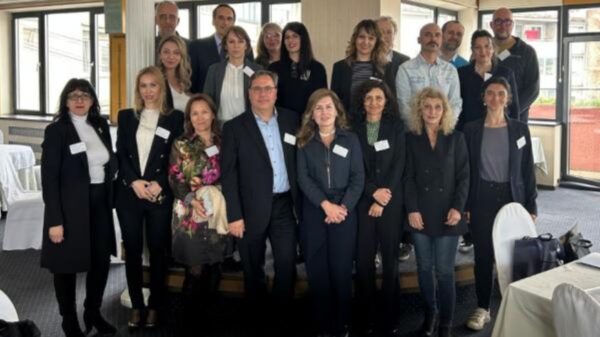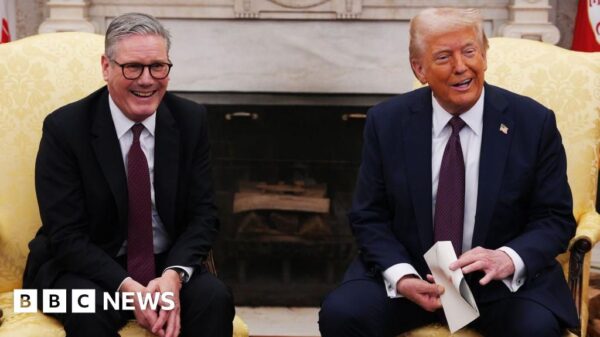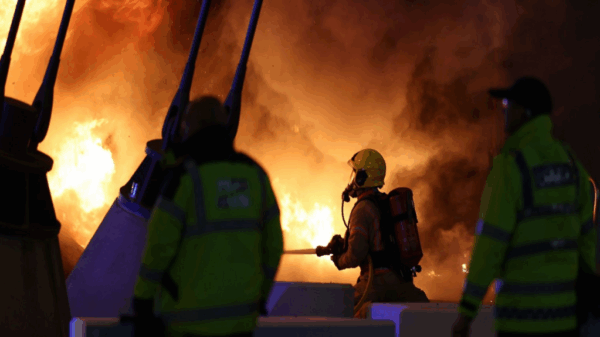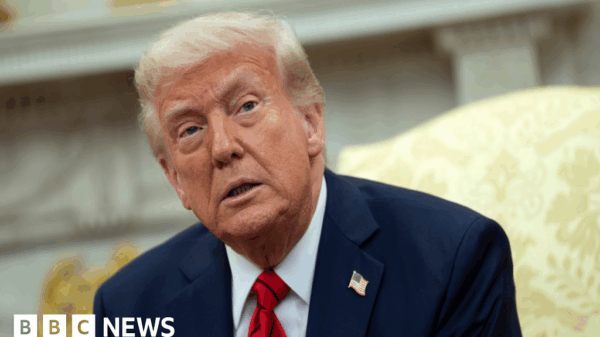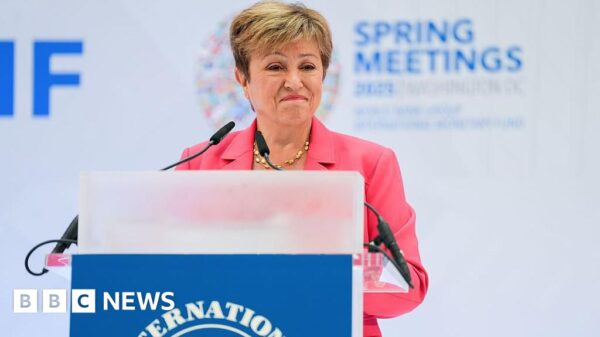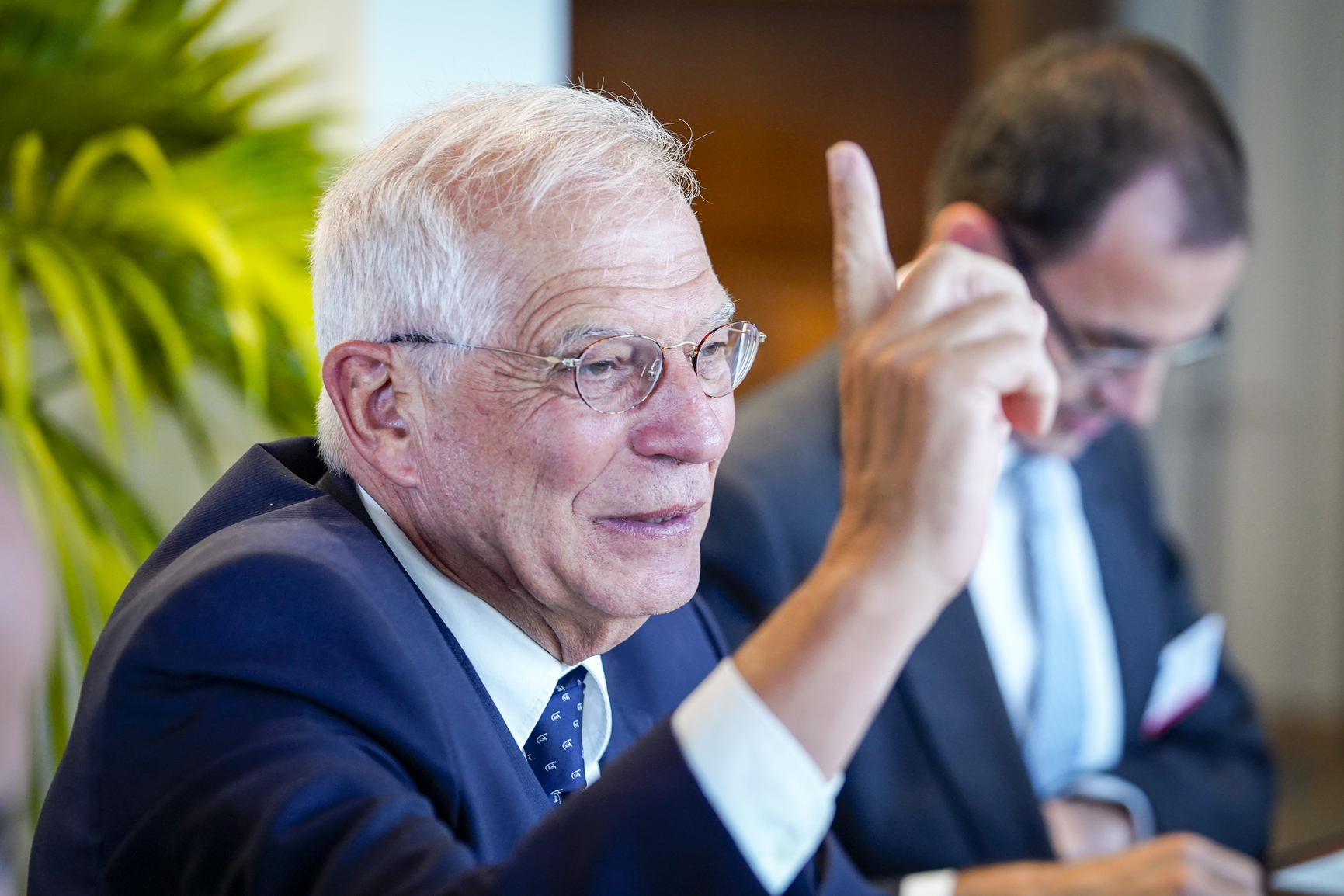Josep Borrell (pictured), the EU’s Chief of Foreign Policy, stressed that a united EU strategy towards China was necessary.
He said that we cannot speak as one, because there are many voices in the EU. But at least, we must be on the same page. He said that EU-China relations have deteriorated in recent years due to EU sanctions and problems with Lithuania, as well as Chinese military exercises near the Strait of Taiwan. However, he emphasized that despite the EU’s rivalry with China, the EU must continue to talk to China. Borrell said that due to China’s massive influence around the globe, we can’t stop talking to them because they are not a democratic country. China is not Russia, it is a superpower which is growing in importance especially to the global south. He concluded that when it comes to China there are four key areas of interest: EU Values, Economic Security, Taiwan, and Ukraine.
Ursula von der Leyen, President of the European Commission, said that China’s rising as a global political and economic player, as well the EU’s interests, makes it all the more crucial for Europe to manage their relationship with Beijing. “For me, this shows that decoupling for Europe is not feasible, desirable, or even practical. “But there is a clear need for Europe work on derisking some of the important and sensitive aspects of our relationship.” Europe needs to carve out their own, distinct approach, which also leaves room for cooperation with other partner, she said. “And the first step is to create a shared, clear picture of both the risks and opportunities that come with our engagement with China.”
The MEPs called for a consistent, effective and unified approach to China. They said that we cannot be confrontational. Instead, our policy must be based on mutual respect, reciprocity and the respect of international laws. The EU must defend its economic values and interests. Some criticised Macron’s recent remarks on Taiwan. They deemed it naive that Europe did not care about Taiwan. Some pointed out that the EU would not accept the EU delivering arms to Russia or changing the status-quo in Taiwan. Some Members urged that the EU continue to push Beijing to respect the human rights of Uyghurs, and other minorities, in the Xinjiang area. They said these rights were not an afterthought, but the core of EU foreign policy.

